In this edition of her Eat Ireland column, Deputy Editor Jocelyn Doyle finds a truly special product in Co. Donegal.
“Fishermen are the last of the hunters,” says John Shine, a sentence that stays with me for days. “Everything they catch is pure, natural, untouched.” We are on the phone to talk about his award-winning Shines Irish tuna, but our conversation is peppered with passionate tangents and astute insights, and I’m very much enjoying the ride. He’s right, of course. Obviously, wild game is still part of our food culture here in Ireland, but the fishermen are out there every day, battling the elements, tracking shoals of fish through restless waters.
After 20 years as a fisherman himself — during which time he met and married Marianne, a local seafood buyer — John retreated to land in 1995, where he and his family set up Killybegs Catch Ltd., a fish buying and selling business that also ran a number of fish and chip shops. Shines Seafood was launched in 2015 to share a well-kept secret. “We’d known about Irish tuna for years,” says John Shine. “We wanted to bring that to the public.” Their eldest daughter, Ciara, studied business and marketing before joining the business in 2016. This family team of three still runs Shines Seafood today. “I have always worked with my parents,” says Ciara, “and we have a working relationship that I can’t really explain. It’s very special.”
Ireland’s fishing industry has an inherent problem: our export paradox. We send much of our native fish to foreign markets, then buy in fish — often of lesser quality, and certainly with a large carbon footprint — from abroad to meet domestic demand. If you feel as though this makes no sense, you’re not alone. “When people talk about sustainability, they never consider the most endangered species of all: our fishermen and their communities,” says Ciara. “Living and working in Killybegs, I see the struggles that fishermen in Ireland have to battle every day.” Before the Shines changed the game, 100% of the quota for Irish tuna was exported, and all of the tuna consumed in Ireland came from faraway seas. “Now that we have created a market for this amazing fish in Ireland, this reduces the demand for tuna coming from 20,000 miles away in the Pacific.”
In March, North Atlantic albacore tuna migrate from the Sargasso Sea after spawning, embarking on a looping six-month odyssey that takes in the Azores, the Canaries, Portugal and the Cantabrian Sea before heading north-west to arrive at our own Blasket Islands in September — one of the greatest migratory journeys of any fish. Tuna need to swim 24 hours a day in order to breathe, so to keep their energy up along their journey they eat vast quantities of pilchards, anchovies, mackerel and squid. “By the time they get to Irish waters, they are at their absolute peak,” says John. “We’re very lucky.” Indeed, the quality is so superior that many European fishermen wait to catch their quota when the fish get as far as Irish waters.
The Shines product offering is proudly premium. “We made a conscious decision when we started to sell our tuna that we only wanted to sell premium seafood products,” says Ciara. “In Spain, albacore is called ‘bonito del norte,’ or ‘the beauty of the north’ — this phrase says it all.” Having been approached by supermarkets asking for a wider range that included lower price points, they also now sell yellowfin tuna, not available in Irish waters but caught instead in the Indian ocean.
Shines Wild Irish Tuna is the only tuna caught by Irish fisherman. Having sampled it (many times over — I’m obsessed), I can confirm that Irish albacore tuna is truly like no other: creamy in texture and mild in taste, it has been recognised by the Irish Food Writers Guild, McKennas’ Guides and the Great Taste Awards. Shines tuna comes packed in olive oil in glass jars, a Mediterranean style of preserving fish and one not seen in Irish shops until these products came to the market.
Tuna aside, the Shines range also include sardines and mackerel. “There are actually about 20 different types of fish called sardines,” says John. “The word is really a generic term for a small oily fish. There is only one true sardine: a pilchard caught in Sardinia.” That’s what you find in the Shines range, although they are planning on switching to Irish sprats once they can secure a sufficient supply. The newest addition to the range is winter mackerel, caught in the cold North Atlantic when the fish is in top condition, and the high oil content gives it a fantastic taste and texture.
The main variety of tuna consumed in Ireland is skipjack tuna, which is caught in the Pacific. “I have no idea why supermarkets load up on skipjack from Vietnam, which has an aggressively fishy taste as well as a huge carbon footprint, when we have the best tuna in the world on our doorstep. They would never do that with pork chops or fillet steaks,” John says. Again, he’s right. I also wonder whether so many people would be as quick to proclaim a hatred of tuna if they were to try Irish albacore, a sweeter, milder, literal world away from skipjack. “There’s a difference between price and value,” he continues. “If you get something for cheap, there’s usually a reason.”
Fish has never been highly rated here; it has often been viewed as ‘poor man’s food,’ in stark contrast to the Mediterranean, where fish is almost worshipped. The Church also played its part: with meat on a Friday deemed a sin, eating fish became seen as a penance rather than something delicious. “Things have progressed a lot in the last 20 years,” says John. “The way the fish is handled on the boats has improved, and fishmongers today are very highly skilled.” Really, what we need is better education — Irish adults as well as children need to be taught about the benefits of living on an island. “As an island nation, we know more about about the moon than we do about what’s on our own shores, and that kills me.”
Obviously, fish caught, prepared and sold here is a win for sustainability, but the Shines don’t stop there. The business has been Origin Green registered since 2018, which means managing sustainability across every element of the business. Irish tuna boats are part of a Fishery Improvement Project (FIP), a strategy that includes reductions in fuel consumption, water used in processing and plastic packaging. “We only buy Irish tuna from boats registered in the FIP, and all of it is sustainably caught, FAD-free and dolphin-safe.” They also use little or no paper in their office, all of their packaging for online sales is 90% recyclable, and they’ve removed plastic elements from over 60% of their packaged products since last year.
“Most office days are very standard,” explains Ciara. “Like any business, we have paperwork and accounts to do, and emails to send. We always have tuna for lunch. We also have road days — deliveries to some distributors and smaller customers that we service ourselves. Meeting them as often as possible is very important, as maintaining good relationships is vital. These days start around 4.30am — one of the downsides to living in beautiful Killybegs is the distance from cities like Dublin or Galway, but it’s definitely worth it.” When the catching season in full swing, much of the Shines’ time is taken up in ensuring they buy enough fish to keep customers supplied. John keeps in contact with the boats on a daily basis, as they need to know the quality and size of the fish before it is landed, as well as how long the boats have been at sea. The use of glass jars means only top-quality fish will do: any damage or bruising will be visible. “Tracking the boats is nearly a full-time job in itself,” John says.
The Wild Irish Albacore Tuna in Olive Oil is by far the Shines’ best-seller, while their firm family favourite is their Chilli Tuna. “It’s just the best!” says Ciara. “My favourite part of this job is genuinely loving the products that we sell, and being a part of something that I am so passionate about.” “Our Tuna Ventresca is also amazing,” says John. Ventresca is the oil-rich belly of the tuna, a showstopper cut prized for its tender texture and complex, buttery flavour. “If I got that on a desert island I’d be happy.”
John takes great pleasure in interacting with customers. While they might be out and about less often these days due to covid — “more Zoom than voom,” as John puts it — the Shines are eager to stay in touch. “I love meeting our public, our customers. Our mobile numbers are always on our website, and I never mind getting a call,” he tells me. “If I can fix a problem for them, they’ll be customers for life. Our customers pay our bills, and I want their feedback. They often have good ideas, and on several occasions we have tweaked our labels or products on their suggestion.” His respectful attitude strikes me as old-fashioned in the best way possible — what a gentlemanly way to do business.
So what’s next? “World domination! Isn’t that the dream?” says Ciara. “We are always thinking about new products and have a few ideas in our heads. We are launching three new mackerel products in the coming weeks, and we have a fourth in the pipeline.”
Like the albacore, the Shines don’t stop swimming.
www.shinesseafood.ie
Try our pan bagnat recipe using Shines Wild Irish Tuna!
- gut health
- healthy
- top tips
- fridge cake
- food festival
- me auld flower
- dublin
- dublin festival
- food and drink festival
- festival line-up
- Summer festival
- Events
- Festivals Ireland
- Body & Soul
- music festival
- summer events
- OATLY
- Crudo
- All Together Now
- Events Waterford
- Events Ireland
- news
- events Dublin
- Home-Cooking
- online cooking course
- cooking
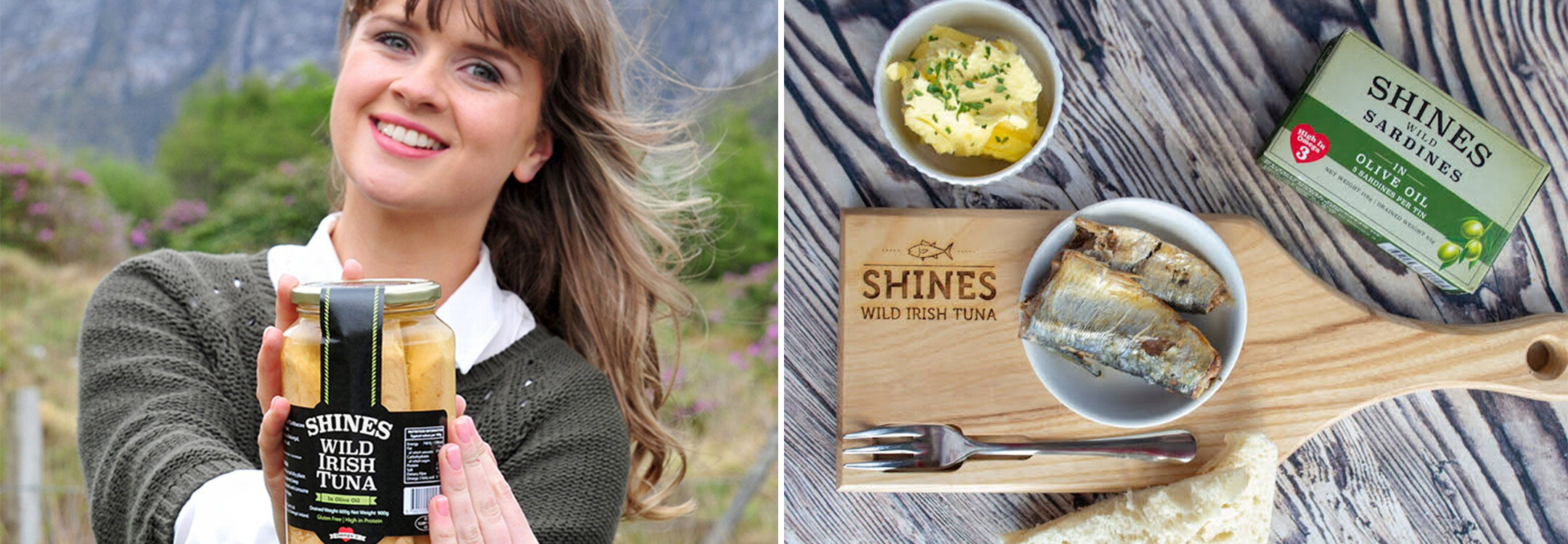
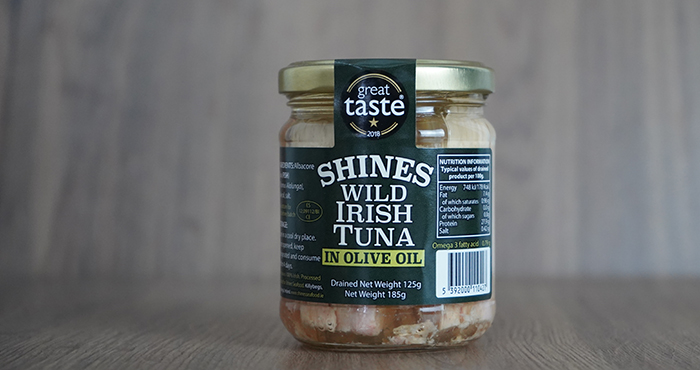
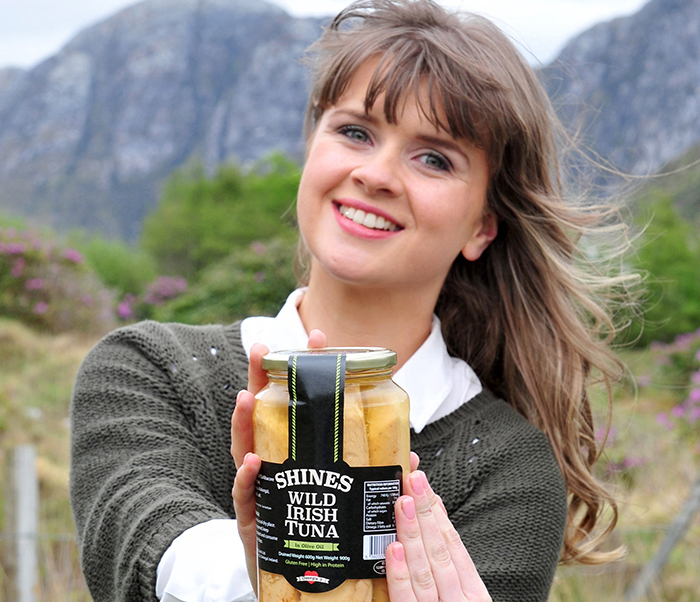
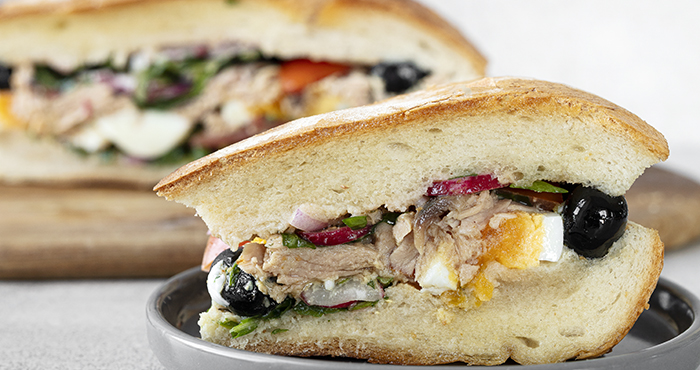
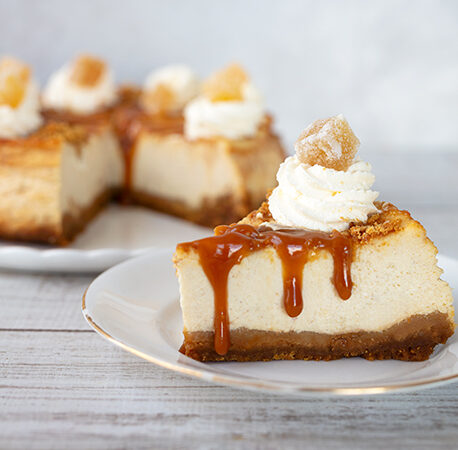
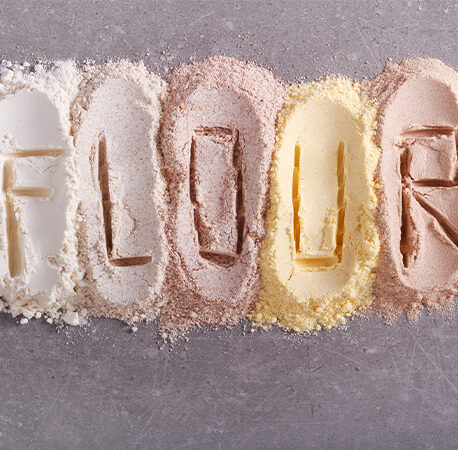
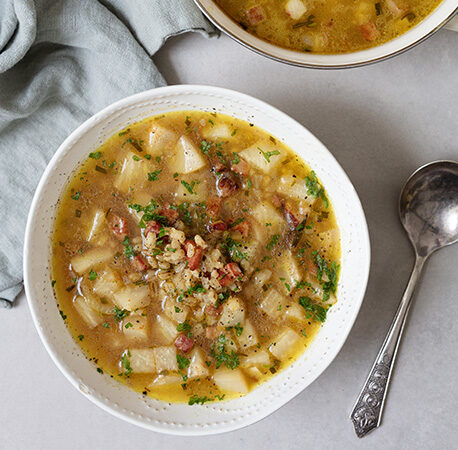

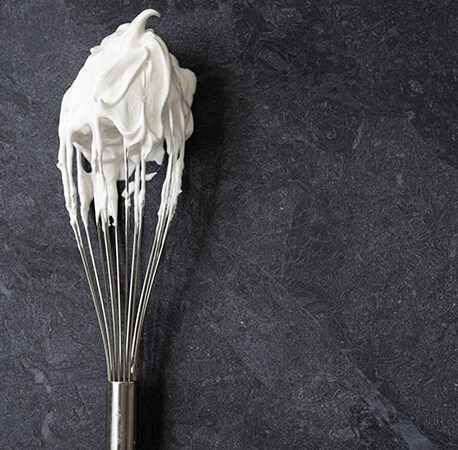
You have to be signed in to comment this post.